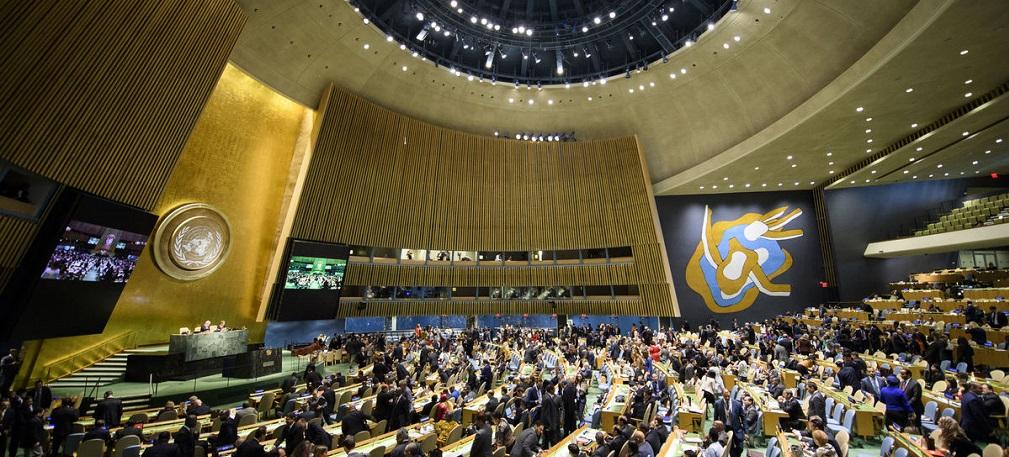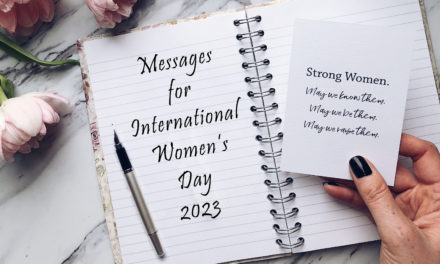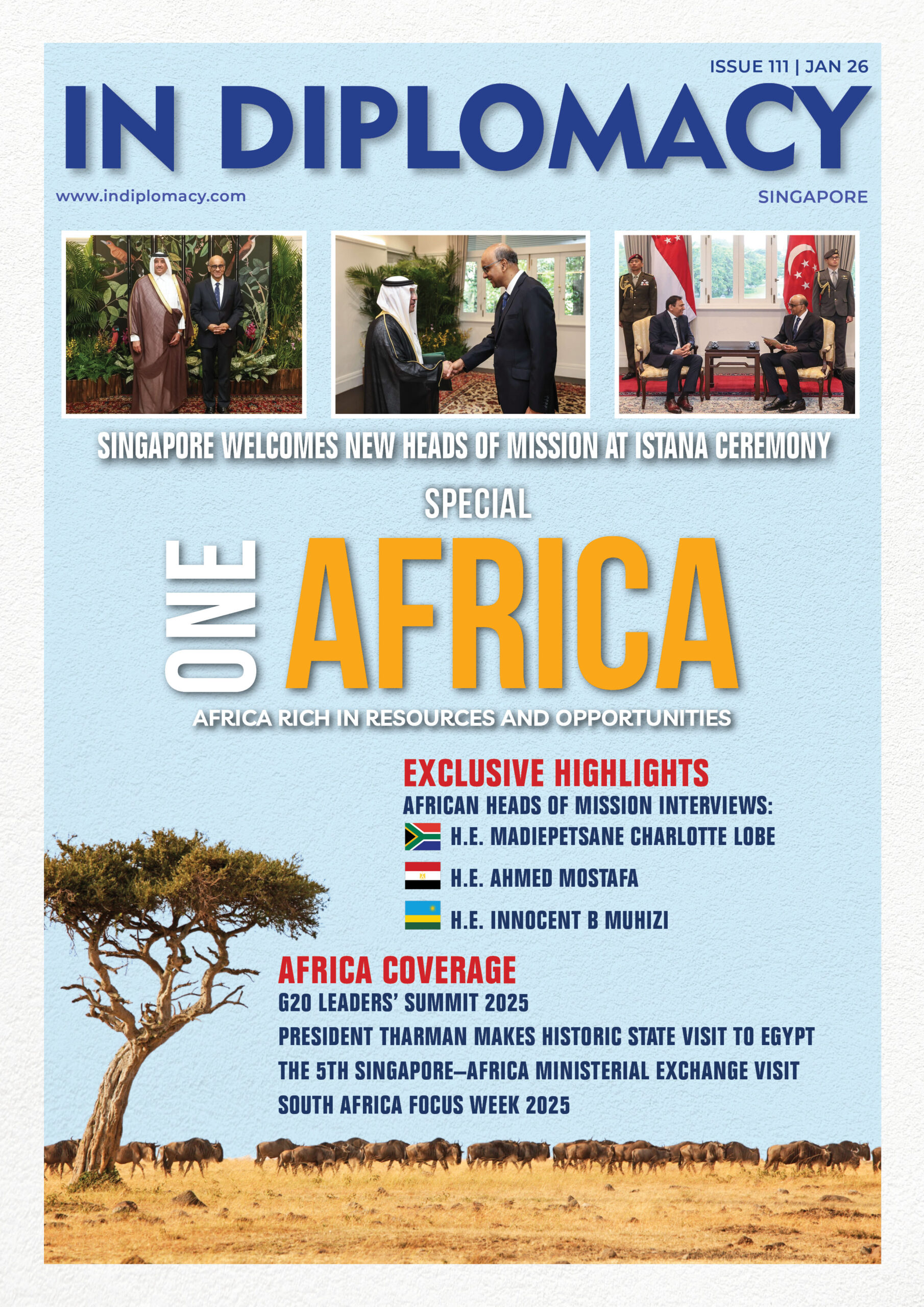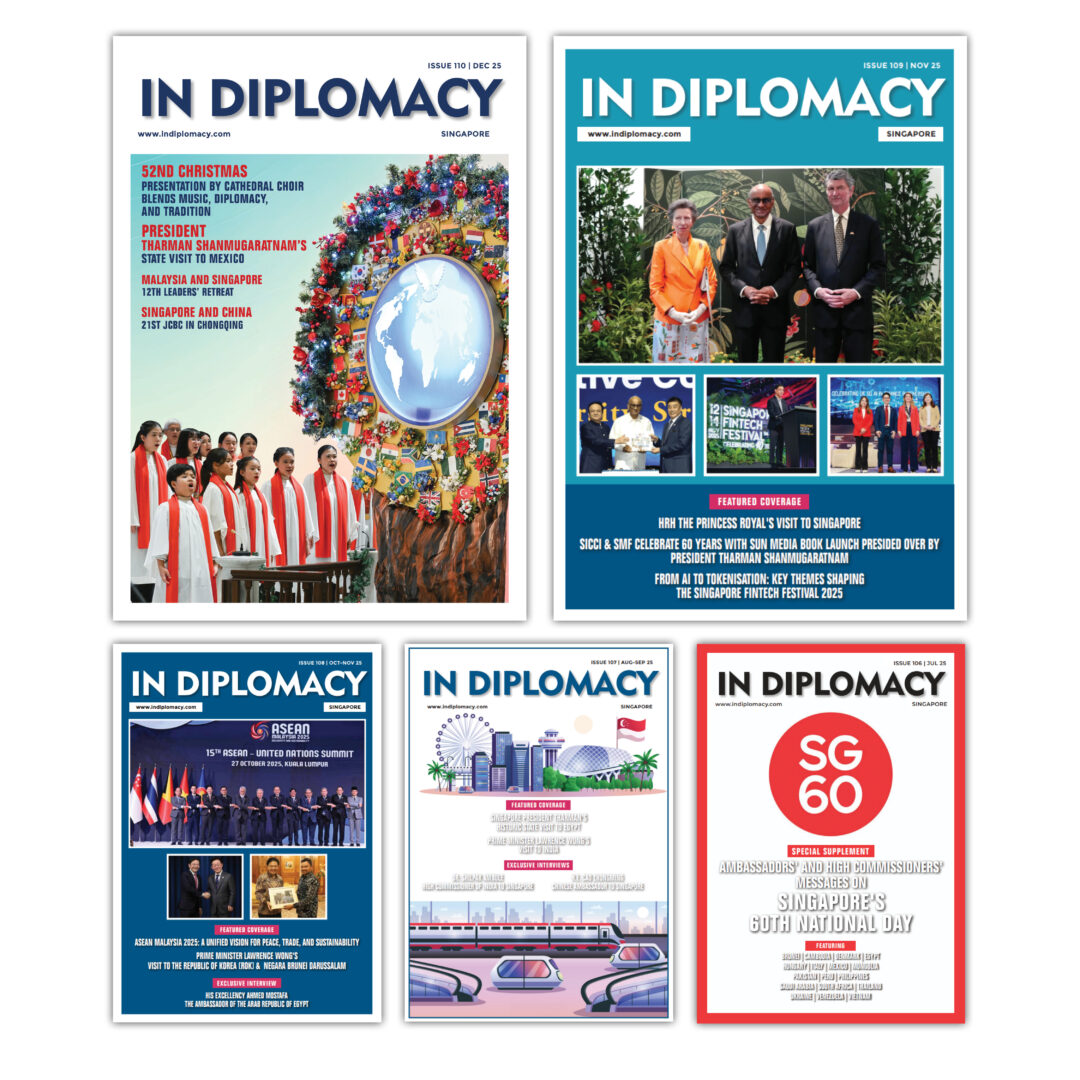
The United Nations General Assembly (UNGA) has proclaimed 24th of June 2022 as International Day of Women in Diplomacy and stressed that women’s participation in diplomacy is crucial to achieving peace and democracy
AT the UNGA 76th Session on 20th June 2022, to a burtst of applause, the General Assembly (GA) has by consensus declared the 24th of June each year to be the International Day of Women in Diplomacy Day. In a media release on the event issued by the international body by the UN document A/76/L.66 stated: “the Assembly invited all Member States, United Nations organizations, non-governmental groups, academic institutions and associations of women diplomats — where they exist — to observe the Day in a manner that each considers most appropriate, including through education and public awareness-raising.” The remainder of the release detailed the reactions of various diplomatic representatives including the GA President Abdulla Shahid who described it as a “great privilege” to have witnessed its adoption, recalling that, in February, during a dialogue with women experts, there was a call to recognize women’s indispensable role in diplomacy through such an observance.
He thanked those Member States that carried the conversation forward and said women working in diplomacy have made critical contributions to shaping today’s multilateral system. He pointed to women’s essential role in drafting the Universal Declaration on Human Rights, stressing that they are still under represented in senior diplomatic positions and suffer the deep legacies of sexism, which hinder their advancement. The resolution opens the door to discuss the challenges women in diplomacy face — and to inspire the next generation. “All too often, women and their stories are edited out of history,” he said. “Her stories must be told to inform our broader efforts to advance gender equality.”
United Nations Deputy Secretary-General Amina Mohammed expressed her position that women bring immense benefits to diplomacy. She said their leadership styles, expertise and priorities broaden the breadth of issues under consideration and the quality of outcomes. She pointed to research showing that when women serve in cabinets and parliaments, they pass laws and policies that are better for ordinary people, the environment and social cohesion. Advancing measures to increase women’s participation in peace and political processes is vital to achieving women’s de facto equality in the context of entrenched discrimination.
Keisha Aniya McGuire (Grenada), speaking on behalf of the core group of sponsors, thanked the 85 Member States that agreed to be main sponsors and welcomed the historic support of 191 co-sponsoring Member States — near unanimity — as a testament to the collective commitment to achieving gender parity at all levels. “We are at a seminal moment for multilateralism,” she stressed.
While Sustainable Development Goal 5 calls for women’s equal participation in decision-making, she said that between 1992 and 2019, women represented 13 per cent of negotiators, 6 per cent of mediators and 6 per cent of signatories in peace processes worldwide. In 2020, they represented 23 per cent of conflict party delegations in United Nations-supported peace processes, a share that would have been lower without persistent measures by the Organization. At United Nations Headquarters, only 21.7 per cent of permanent representatives are women. “Change is necessary,” she said. She called for the systemic mainstreaming of a gender perspective throughout the 2030 Agenda for Sustainable Development.
Simona Popan, representative of the European Union delegation, speaking in its capacity as an observer, stressed that, in the 76 years since its founding, the Organization has never had a woman Secretary-General. She also called for creating safe and enabling environments for all women and girls, welcoming the adoption of a United Nations code of conduct on sexual harassment and paying tribute to all women in diplomacy, including civil society leaders, human rights defenders and women mediators. Pointing to the technical nature of today’s resolution, she said the European Union would have wished to have had more consultations on the text.
RELATED

- International Women’s Day 8th March 2022 – Focus on Women Diplomats click here














